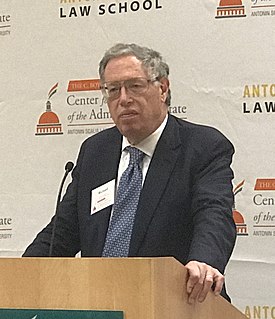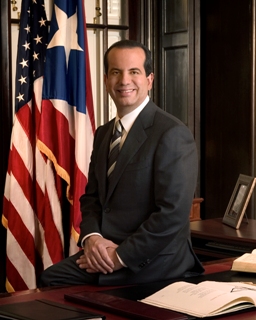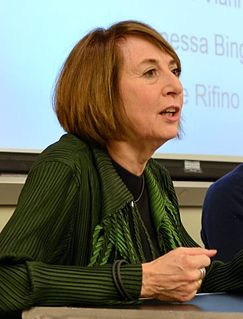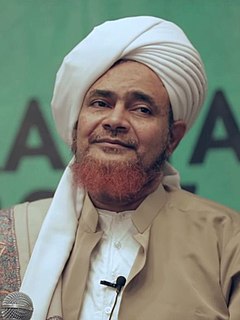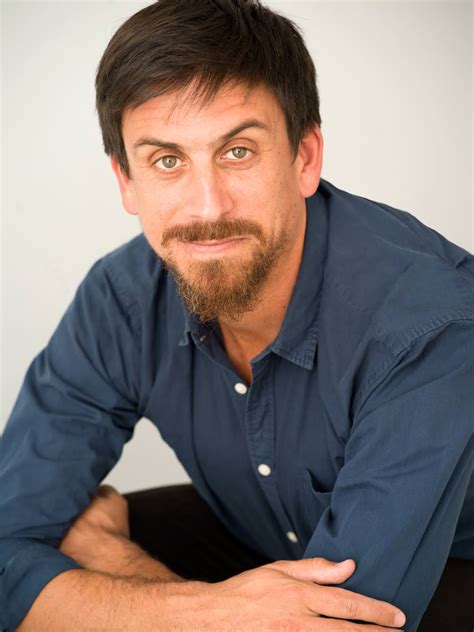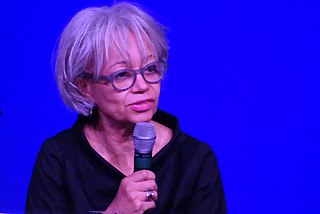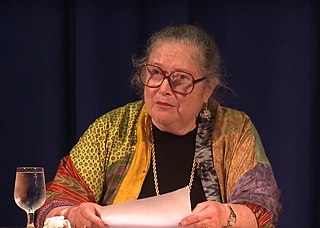A Quote by Richard Allen Epstein
When you are young in this world, you believe that the class of deductive truths about social matters is larger than it turns out to be. [...] I have discovered, to my infinite regret, that most of the serious debates over the basic principles of any political order have an irreducible empirical content.
Related Quotes
The new tinge to modern minds is a vehement and passionate interest in the relation of general principles to irreducible and stubborn facts. All the world over and at all times there have been practical men, absorbed in 'irreducible and stubborn facts'; all the world over and at all times there have been men of philosophic temperament, who have been absorbed in the weaving of general principles. It is this union of passionate interest in the detailed facts with equal devotion to abstract generalisation which forms the novelty of our present society.
Our decisions need not be seen as resting on procedures that are merely instrumental in making judgments that are reliably truth-tracking. The procedures might be more directly related than that to truths about what is right or good, or about what we ought to do, or to principles that tell us what is true about these matters. And I have no metaphysical theory about the truth-conditions of such truths, except to say that as objective truths, they must be independent of the attitudes, decisions or actions that they are supposed to justify or for which they are to offer reasons.
In Cairo, these young men hanging around in the street, we're told these guys are lazy, they're uneducated, they don't care, they don't have any political instincts - just like the working class in America, apparently - and then suddenly what the hell happened? What was that? They changed the world by changing themselves. Now is that over? No. Is the civil rights movement over? No. These movements have not accomplished what they set out to accomplish.
In thinking about religion and society in the 21st century, we should broaden the conversation about faith from doctrinal debates to the larger question of how it might inspire us to strengthen the bonds of belonging that redeem us from our solitude, helping us to construct together a gracious and generous social order.
I was looking at YouTube and seeing things really heat up again in terms of the popularity of talking about serious political or philosophical issues and almost no one doing leftist content that engaged with the other side in any way. I was like, 'I bet I can do this,' so I gave it a shot, and it's worked out better than I expected.
Law and order is a social service. Crime and the fear which the threat of crime induces can paralyse whole communities, keep lonely and vulnerable elderly people shut up in their homes, scar young lives and raise to cult status the swaggering violent bully who achieves predatory control over the streets. I suspect that there would be more support and less criticism than today's political leaders imagine for a large shift of resources from Social Security benefits to law and order - as long as rhetoric about getting tough on crime was matched by practice.
Embedded in the gospel of Jesus Christ there are eternal principles and truths that will last far longer than the principles of building ships and roofs. You and I, as members of the Lord's true Church, have special access and insight into these eternal principles and truths, especially when we listen to the Spirit for individual guidance and hear the prophet's voice as he declares the will of God to the members of the Church. You and I both know how important these eternal principles and truths are in our lives.
There are certain basic principles regarding the proper role of government. If principles are correct, then they can be applied to any specific proposal with confidence... The true statesman values principle above popularity, and works to create popularity for those political principles which are wise and just.
According to our social science, we can be or become wise in all matters of secondary importance, but we have to be resigned to utter ignorance in the most important respect: we cannot have any knowledge regarding the ultimate principles of our choices, i.e. regarding their soundness or unsoundness... We are then in the position of beings who are sane and sober when engaged in trivial business and who gamble like madmen when confronted with serious issues.
So multifarious are the different classes of truths, and so multitudinous the truths in each class, that it may be undoubtingly affirmed that no man has yet lived who could so much as name all the different classes and subdivisions of truths, and far less anyone who was acquainted with all the truths belonging to any one class. What wonderful extent, what amazing variety, what collective magnificence! And if such be the number of truths pertaining to this tiny ball of earth, how must it be in the incomprehensible immensity!
I was a trial lawyer. At the same time, I was a teacher. I taught about the political and social content of film for American University. Then I left and became a teacher at the University of California at Santa Cruz. I taught about the political and social content of film, but I also taught a course in law for undergraduates.
